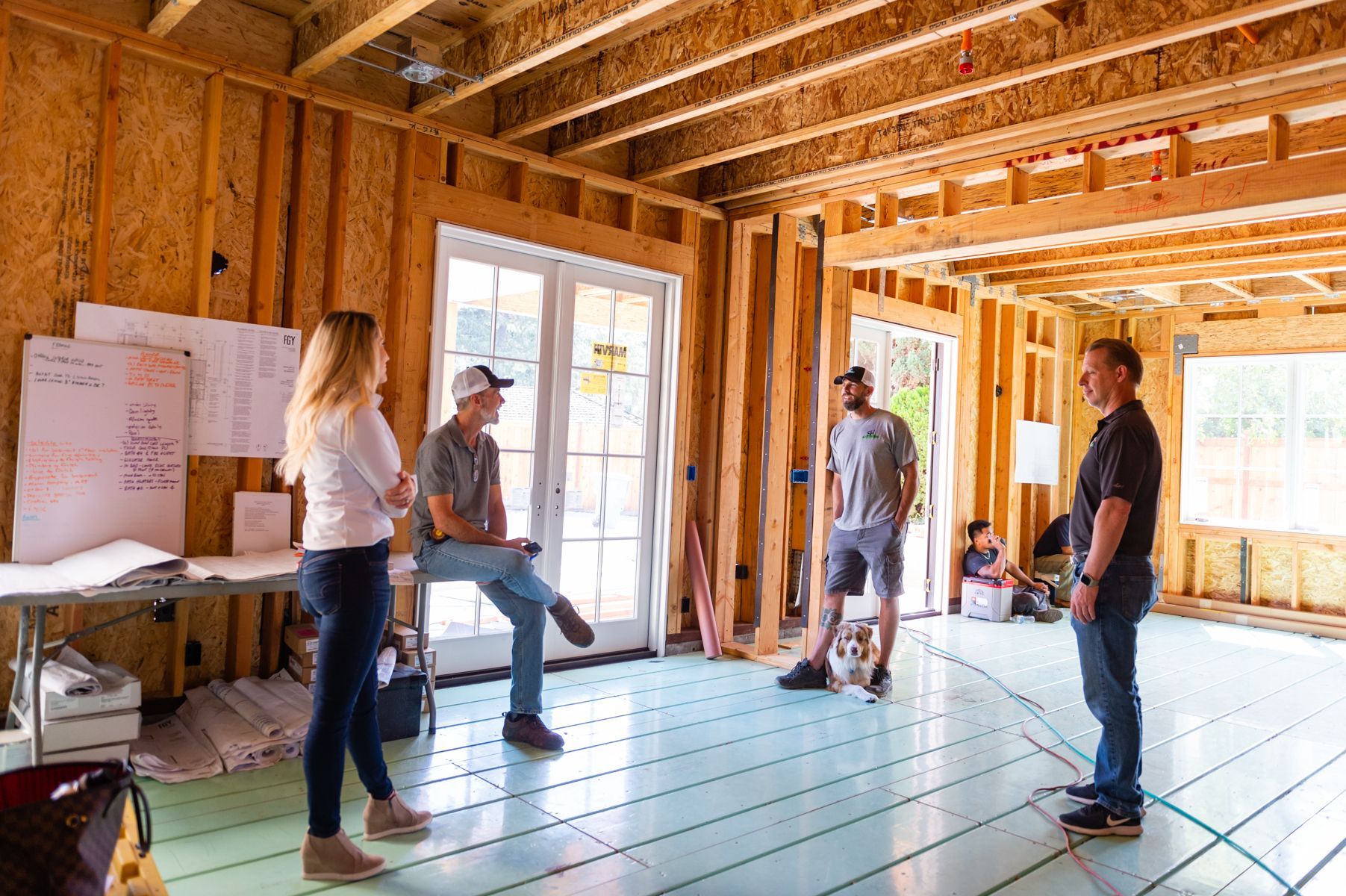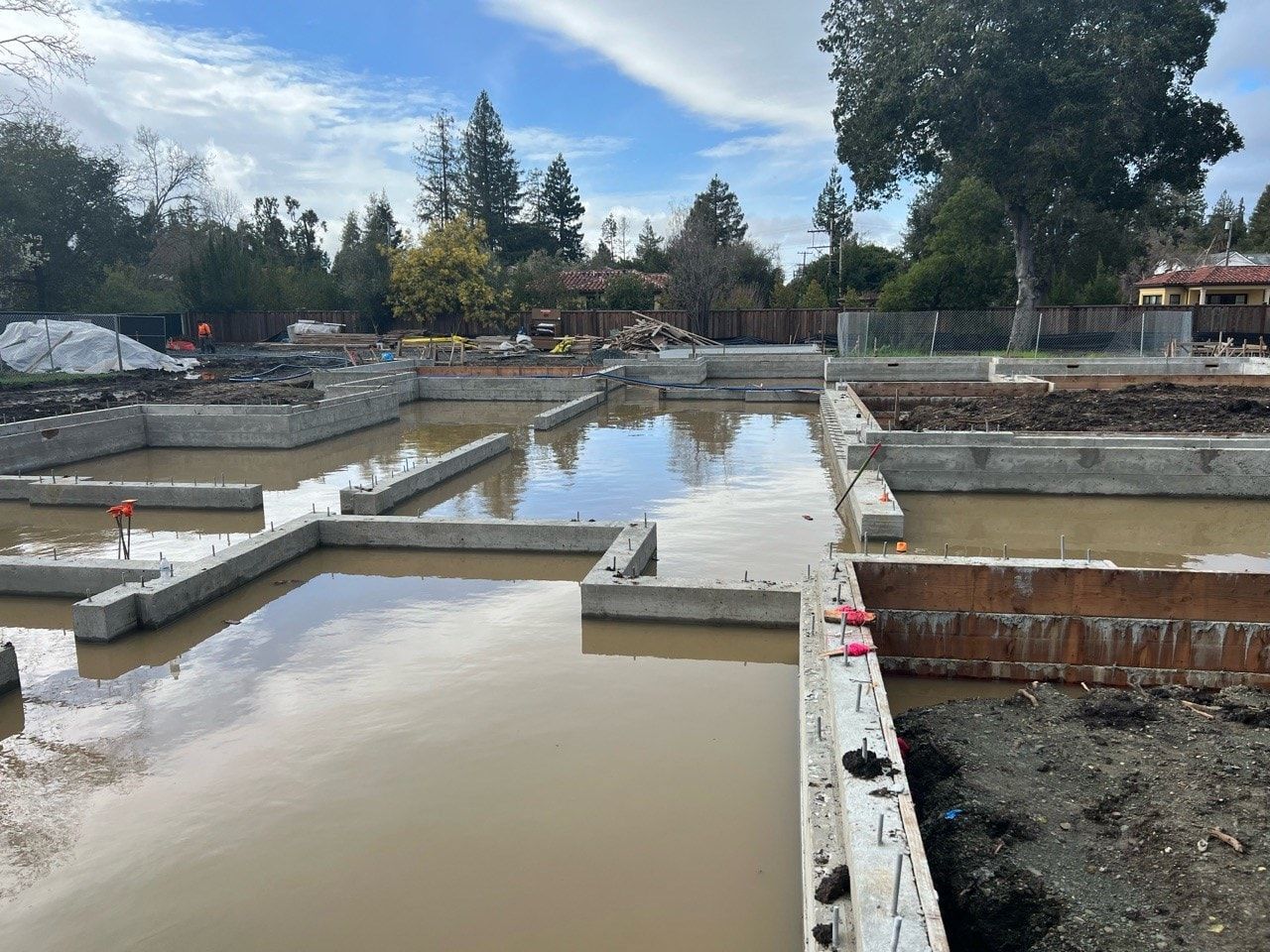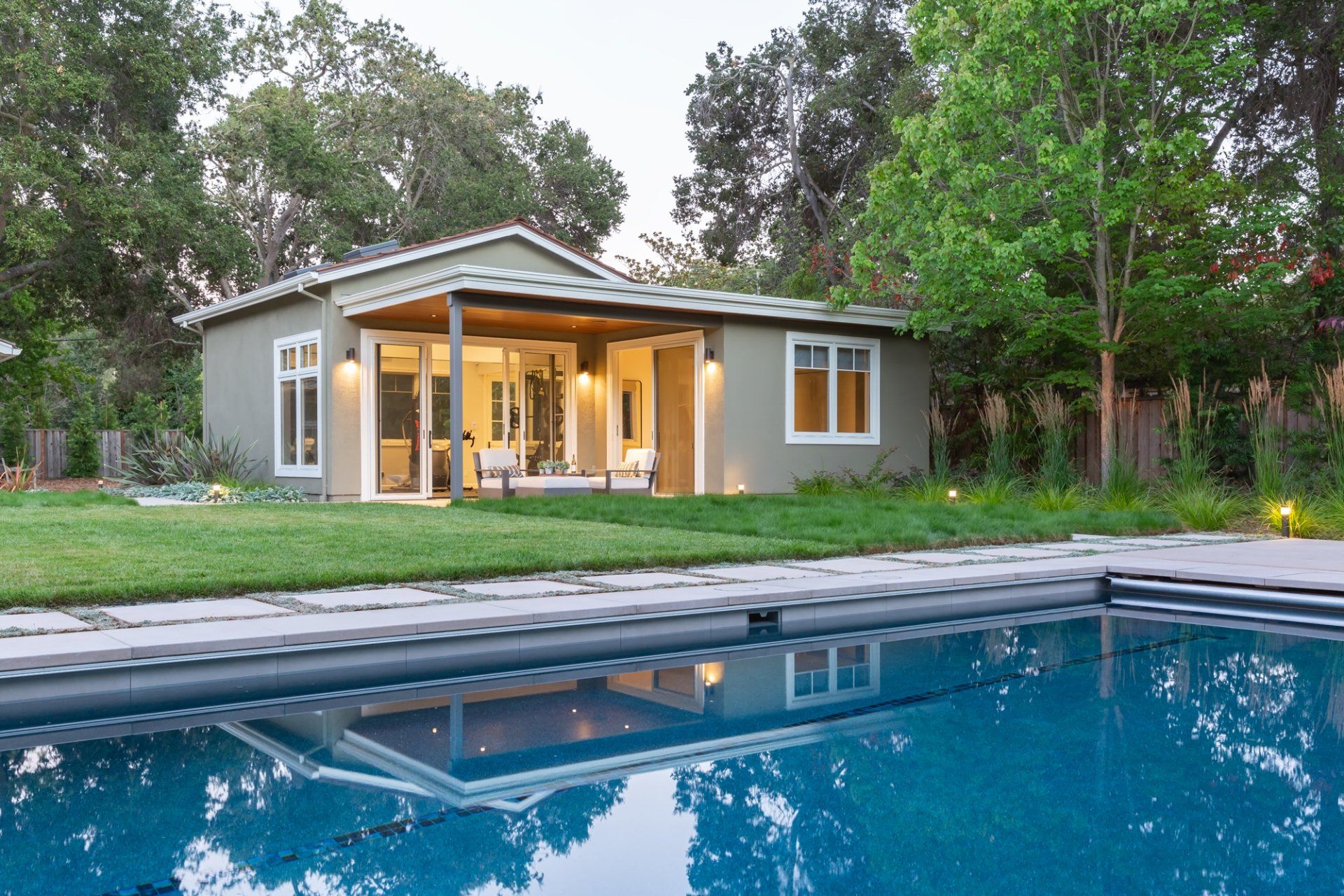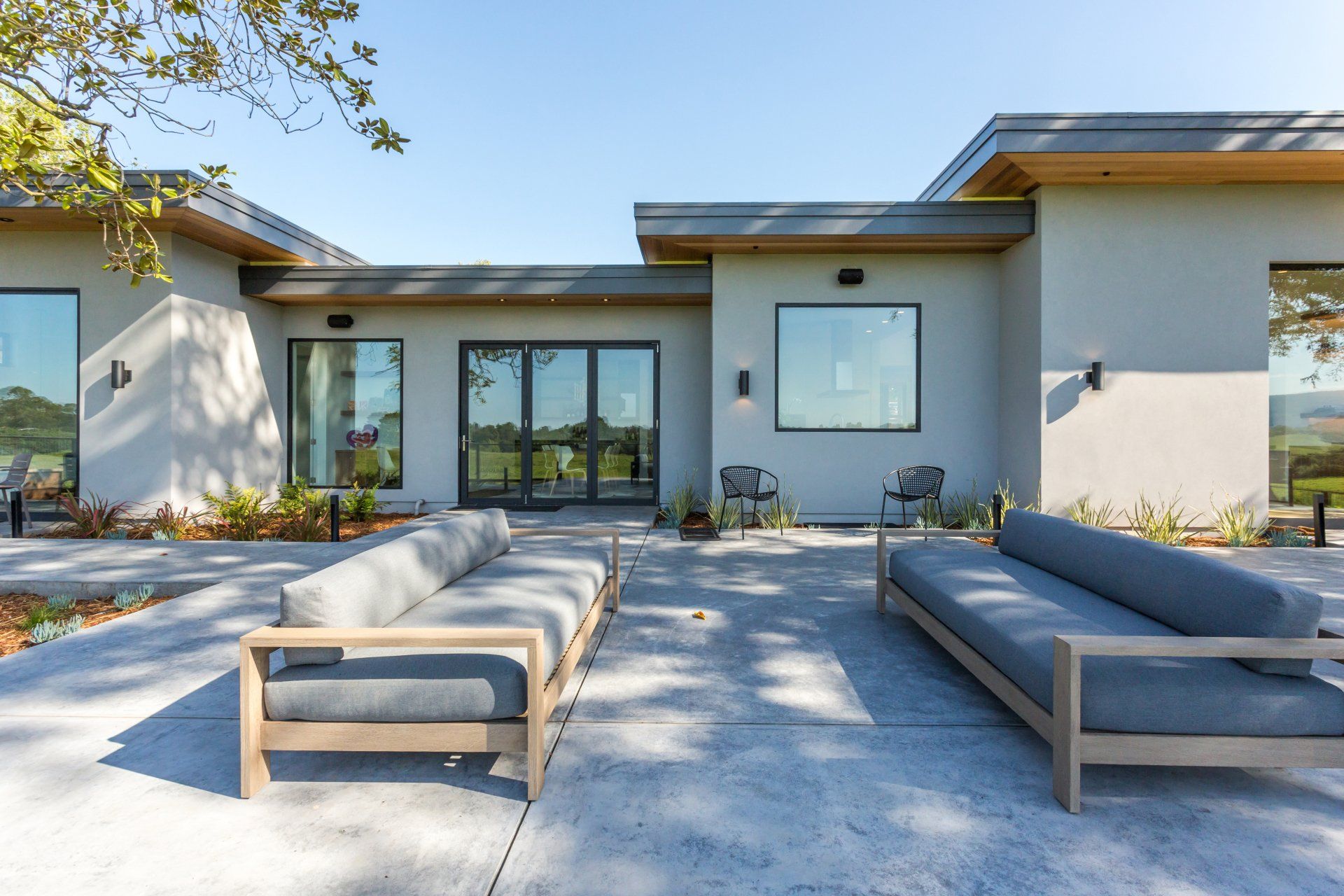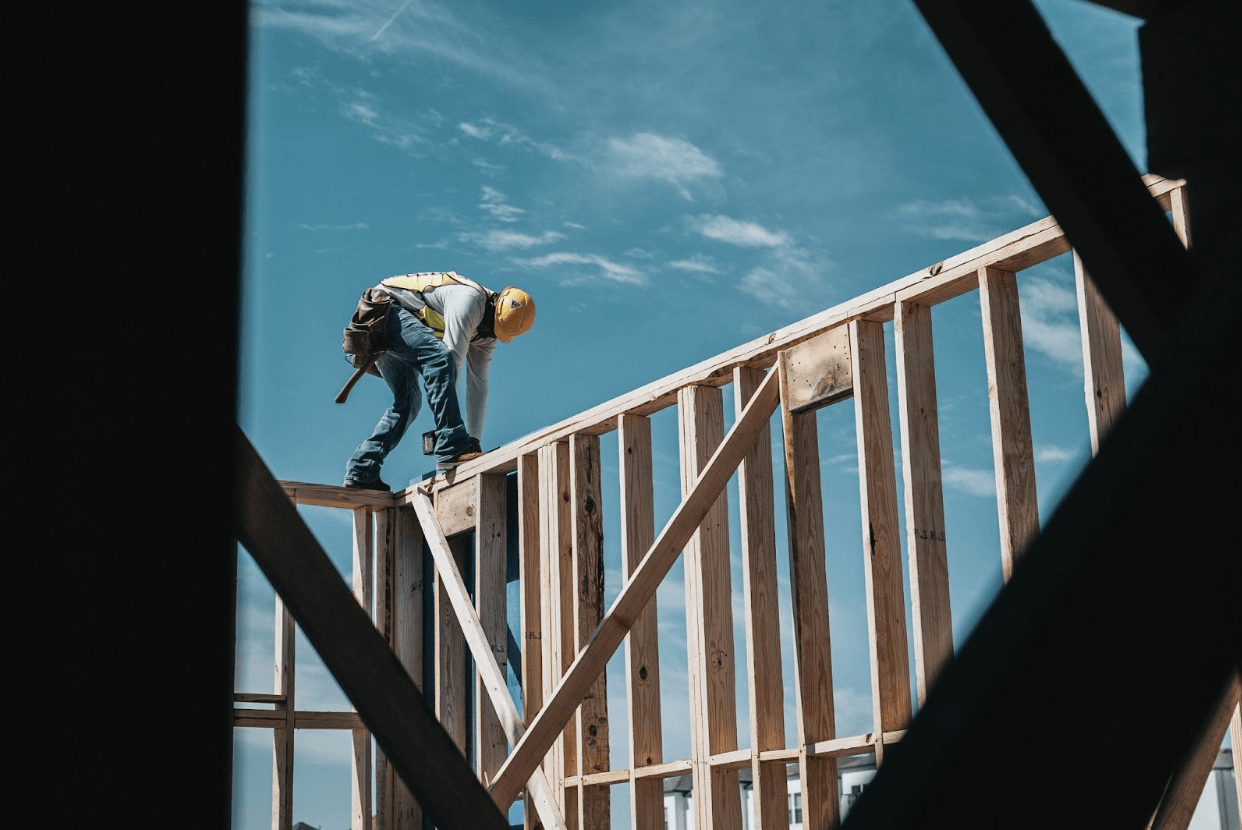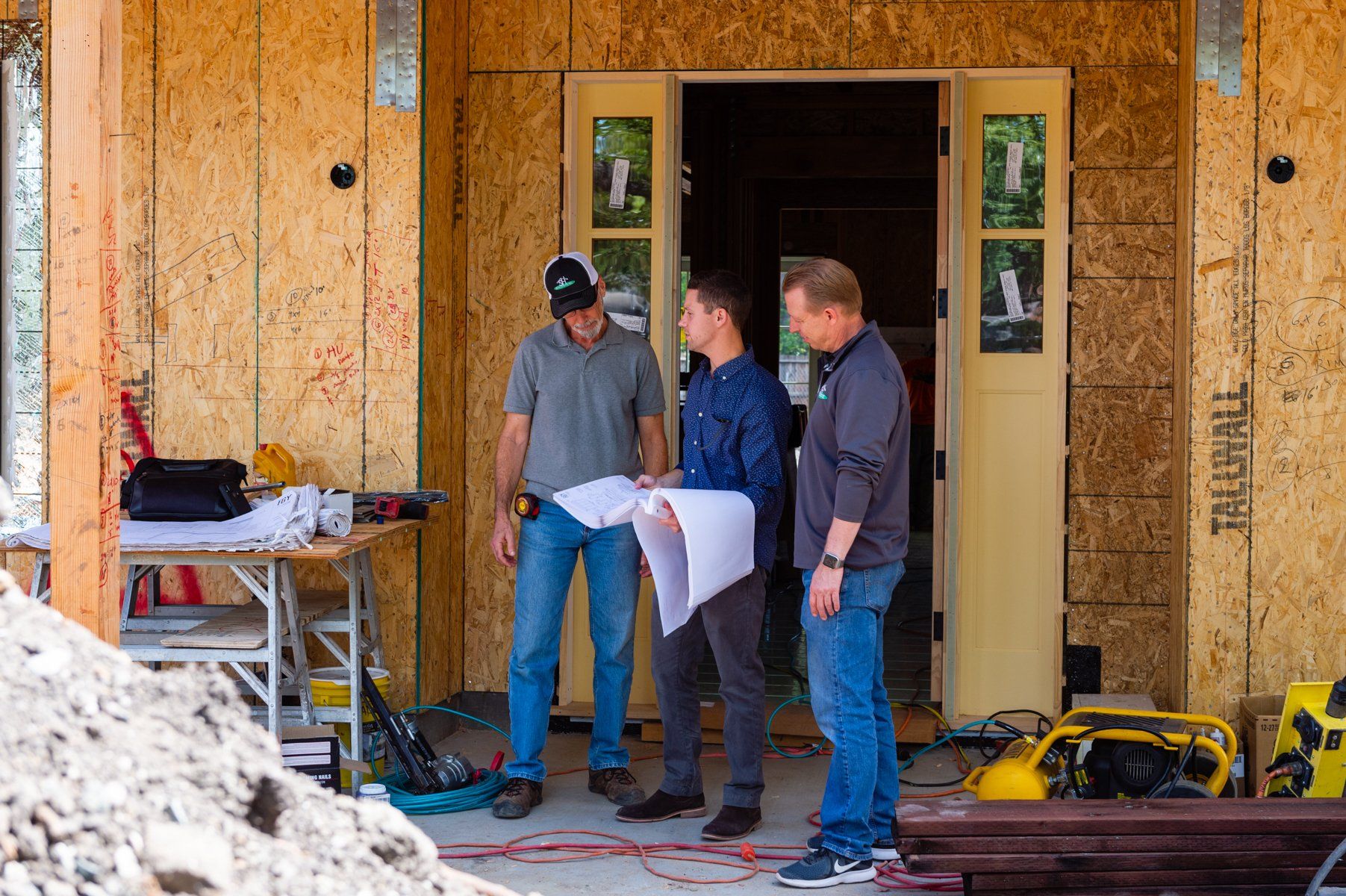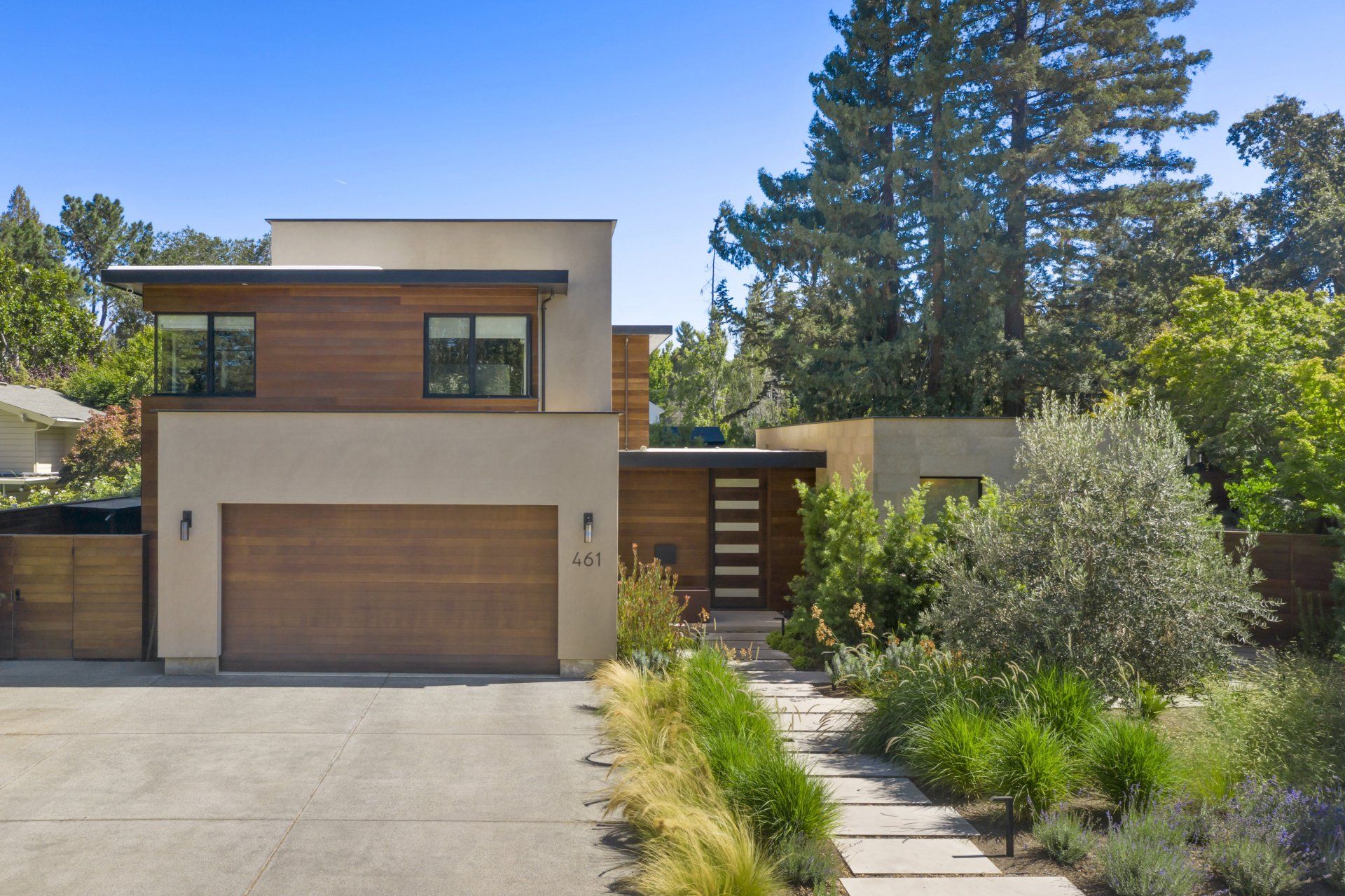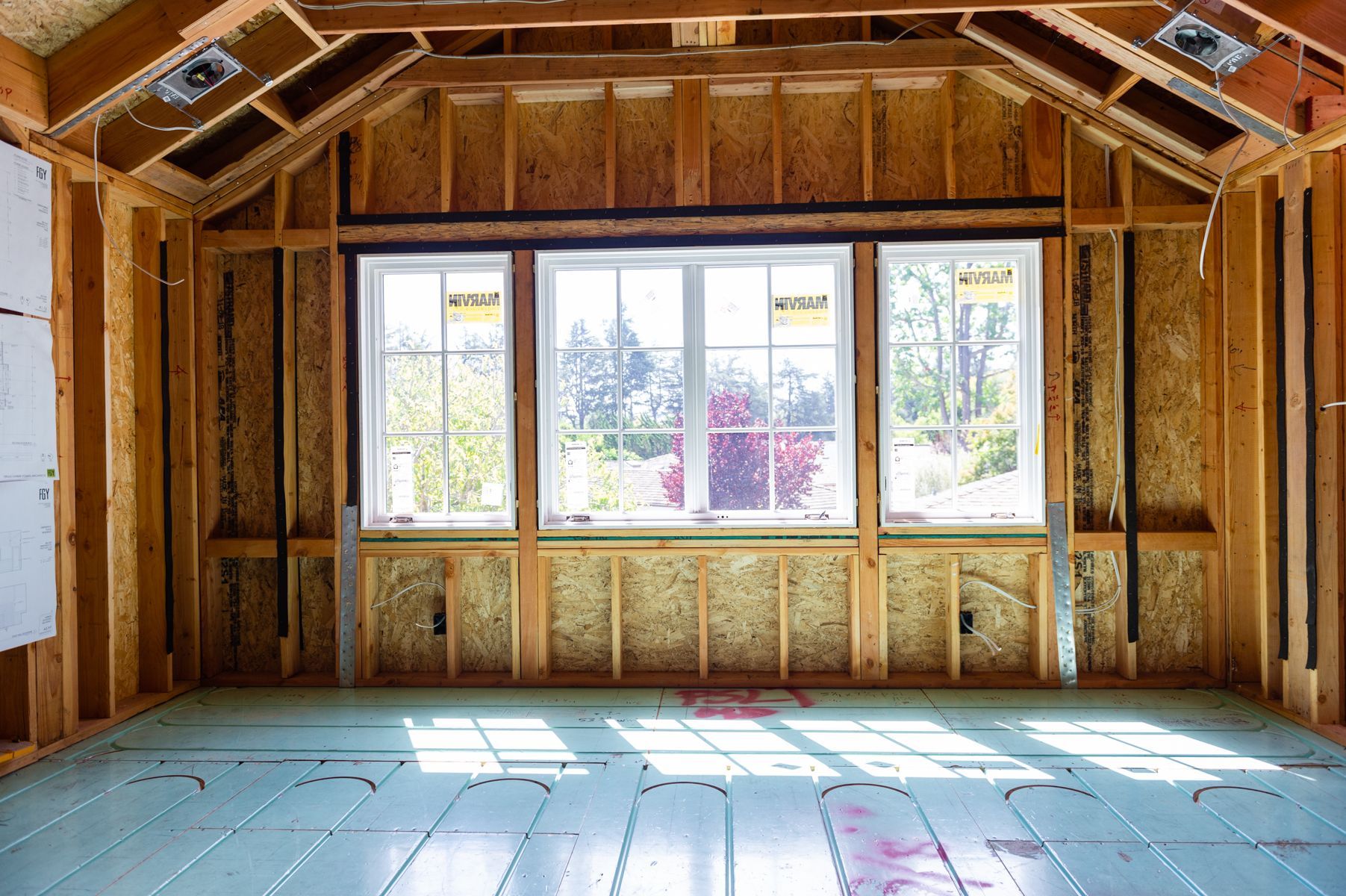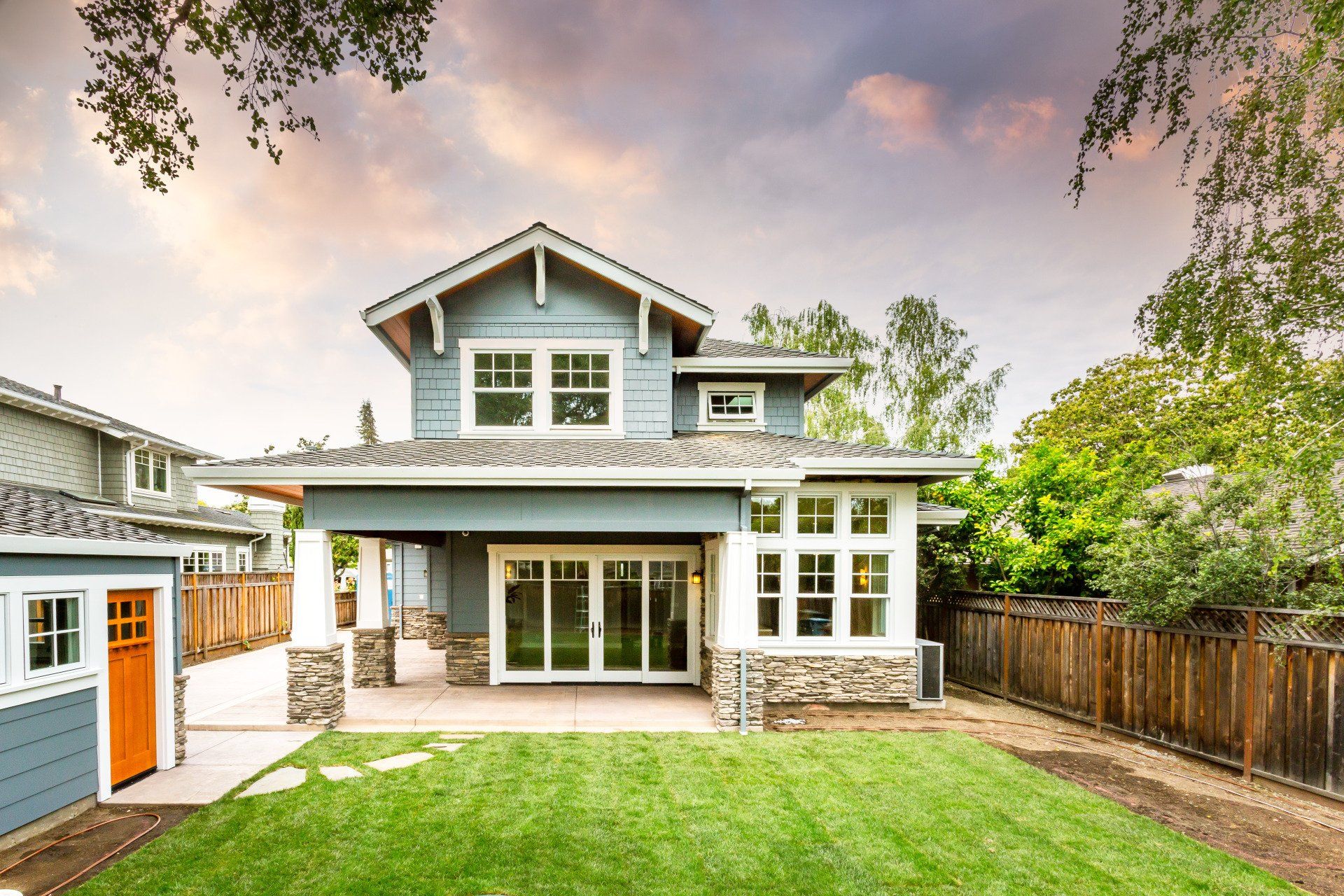Deciding whether to build a new house or buy an existing one is a significant and often complex choice that involves various factors. Both options have their advantages and disadvantages, and the decision ultimately depends on your preferences, needs, and circumstances. In this article, we'll explore the key considerations when weighing the pros and cons of building a new home versus buying an existing one.
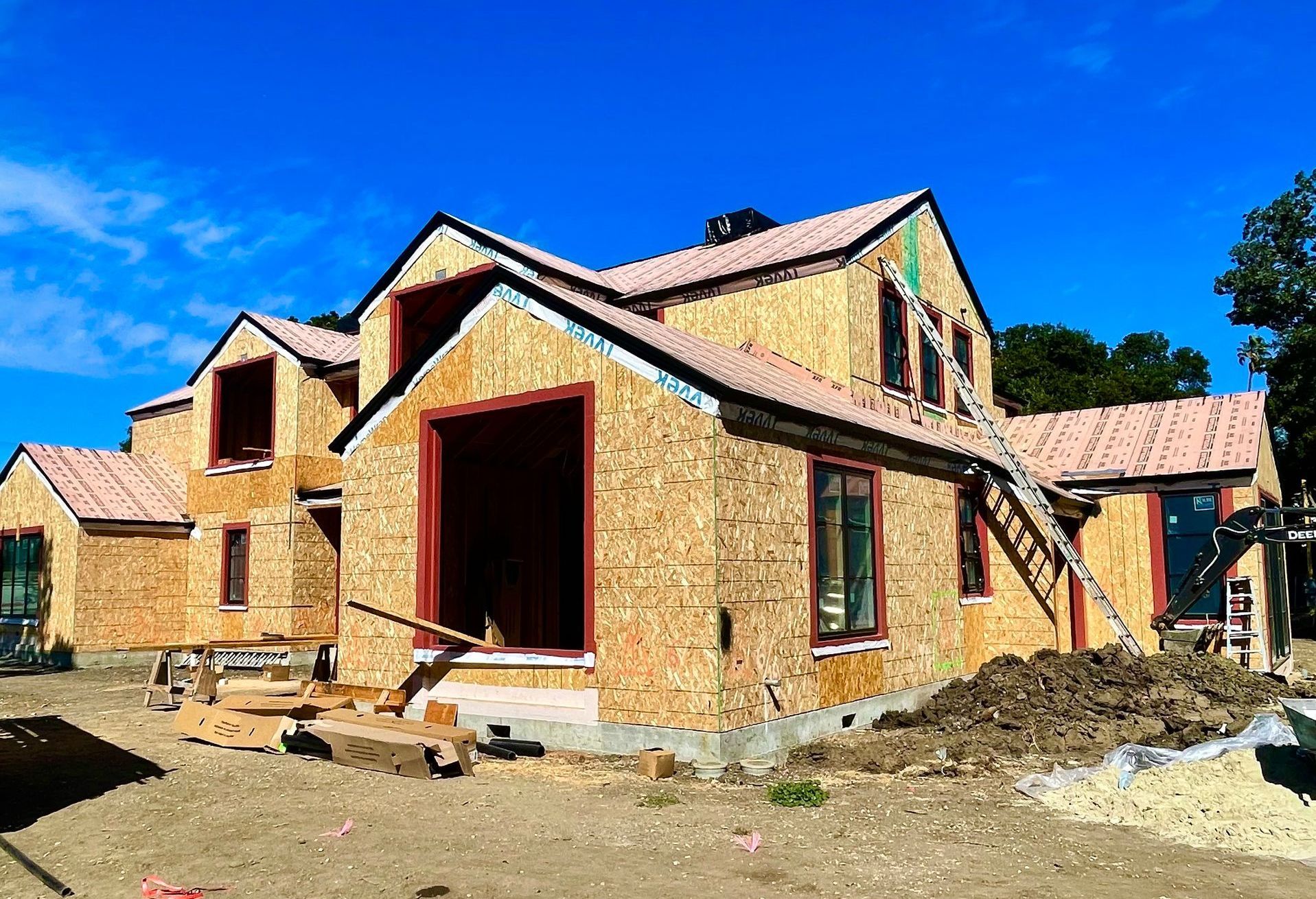
Advantages of Building a House
Customization: One of the most significant advantages of building a house is the ability to create a space that is uniquely yours. You can work with an architect, designer, and builder to create a home that perfectly matches your vision and lifestyle. This means selecting the layout, room sizes, style, and even the smaller details like cabinet hardware, towel bar placements, and even outlet locations.
Building a house also allows you to consider your future needs. If you plan to expand your family, you can design additional bedrooms or flexible spaces. If you have accessibility requirements, you can ensure that your home is designed with features like ramps, wider doorways, or a ground-level bedroom to accommodate your needs.
Energy Efficiency: New homes are often built with the latest energy-efficient technologies and materials, which can lead to lower utility bills and a reduced carbon footprint. You have the opportunity to select energy-efficient appliances, and heating/cooling systems from the outset.
Warranty: New homes typically come with warranties that cover structural and mechanical components, giving you peace of mind against unexpected repairs or defects. These warranties can last for several years, which is a significant advantage compared to buying an older home.
Disadvantages of Building a New House
Cost: Building a house can be more expensive than buying an existing one. In addition to the purchase price, you need to consider land costs, construction expenses, permits, and various fees.
Building a house takes time, and you'll need a place to live in the meantime. These interim living costs can include rent for an apartment or temporary housing and storage for your belongings.
Timelines: The process of building a house can be time-consuming, often taking no less than twelve months to complete. If you need a place to live immediately, this may not be the best option.
Unforeseen Challenges:
Construction projects can encounter delays and unforeseen issues, which can be stressful and may result in additional time and costs. These issues might include unexpected soil problems, material delays, or adverse weather conditions.
Advantages of Buying an Existing Home
Immediate Occupancy: When you buy an existing home, what you see is what you get. There's no waiting for the construction process to be completed, which means you can quickly assess the layout, size, and overall condition of the property. This clarity can be particularly beneficial if you have a tight timeline or want to move in right away.
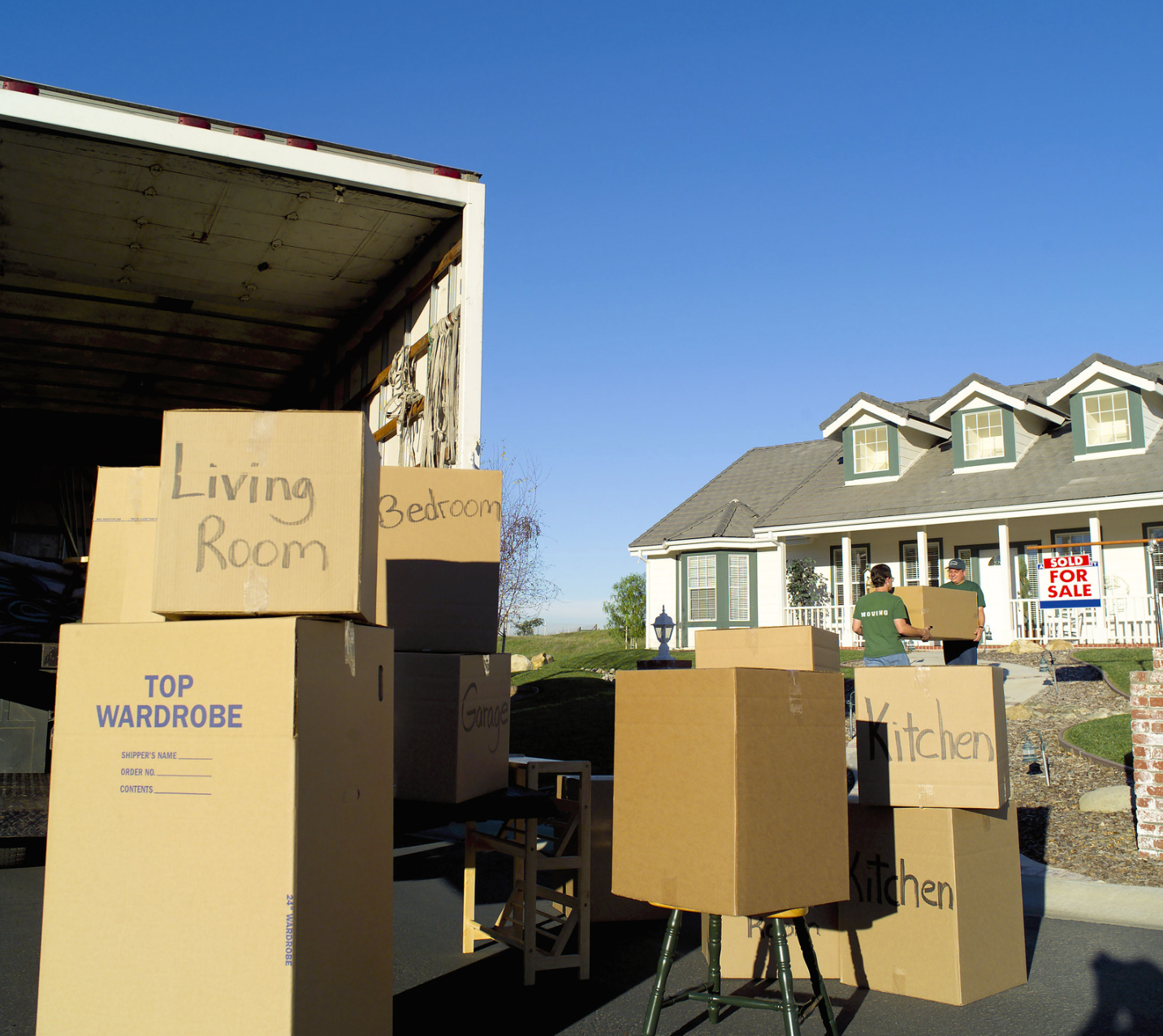
Historic Charm: Older homes often boast unique architectural features and historical charm that can be difficult to replicate in new construction. Elements like original hardwood floors, ornate moldings, and vintage fixtures can add character and a sense of history to the property.
Disadvantages of Buying an Existing Home
Limited Customization: Existing homes may not fully meet your preferences, and making significant changes or renovations can be costly and time-consuming.
Maintenance and Repairs: Existing homes, especially older ones, may require more maintenance and could have hidden issues. There may be infrastructure components that are approaching or have exceeded their intended lifespan. This includes electrical wiring, plumbing systems, and the roof. Over time, these components can deteriorate, leading to issues such as leaks, electrical problems, or plumbing failures.
Older homes might also have foundation issues or structural problems that have developed over the years. These can include foundation settling, cracks in the walls, or uneven floors.
Energy Efficiency: Depending on how old the home is, it could be less energy-efficient compared to modern construction. They may have outdated insulation, single-pane windows, and less efficient heating and cooling systems. Upgrading these aspects can lead to higher utility bills and a need for energy-efficient renovations.
Resale Value: The resale value of an existing home may not appreciate as rapidly as a new one, especially if it requires significant upgrades or repairs.
When deciding on whether to build a house or buy an existing one, consider your budget, timeline, desired level of customization, and your willingness to take on potential challenges. It's also helpful to work with a real estate agent or
builder who can guide you through the process and help you make an informed decision that aligns with your goals and lifestyle. Ultimately, both options can lead to a wonderful home, but the path you choose will be based on your individual needs and preferences.
